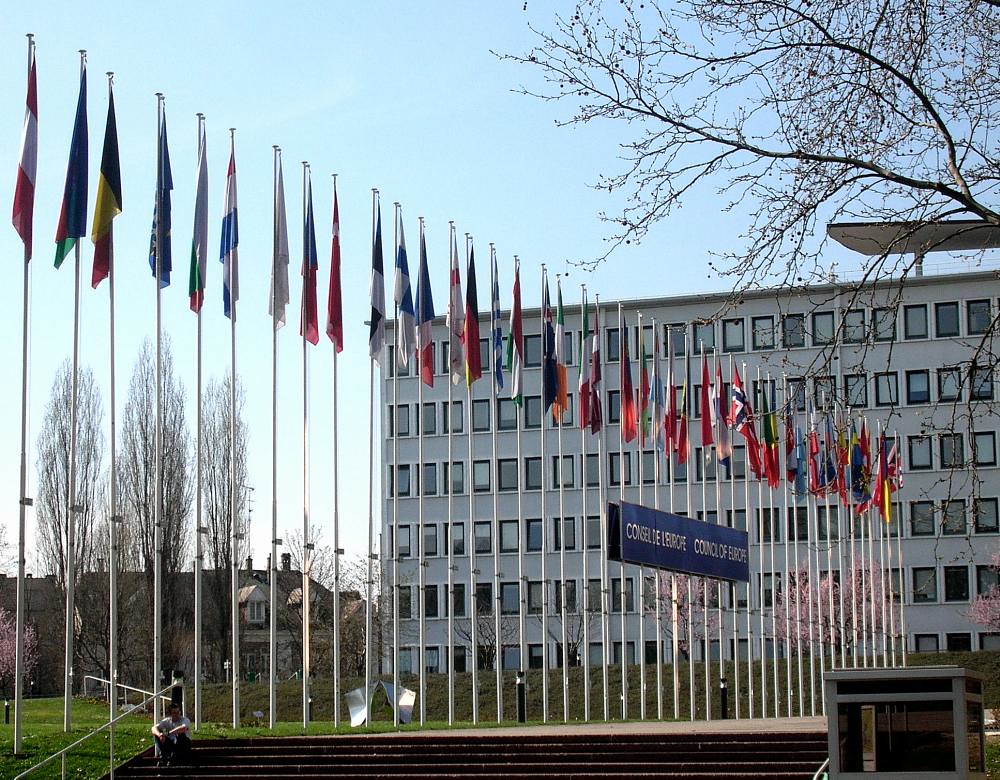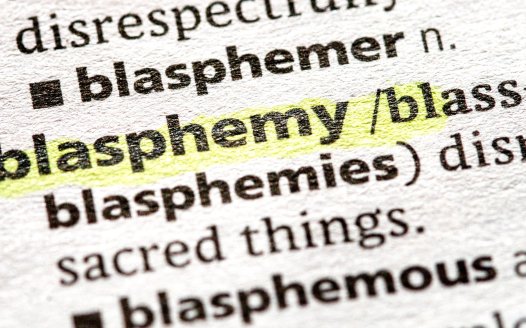Don’t require employers to accommodate religious demands, says NSS
Posted: Thu, 16th Jan 2020
The National Secular Society has urged the Council of Europe not to adopt a motion which would push employers to give special attention to religious demands from employees.
A motion proposed at the council's parliamentary assembly would encourage member states to "consider introducing" a legally binding duty on employers to grant "reasonable accommodation" to employees' religious practices.
The motion claims applying "neutral" rules on issues such as dress codes, diet, public holidays and labour regulations can "lead to indirect discrimination of representatives of certain religious groups".
It adds that member states should consider "taking any other measures to enable employees" to lodge requests and challenge refusals to take their requests into account.
The NSS has now written to UK representatives of the council's parliamentary assembly to urge them to oppose the adoption of the measure. The assembly will consider the motion on 29 January.
The society said the proposal "seeks to give privilege to specifically religious demands" and "endangers the equality of all citizens, and may restrict the fundamental rights and freedoms of many".
It also said arguments based on religious grounds are "often used to justify refusals of legal reproductive health care or to discriminate against LGBTI people".
"Far from enhancing the guarantee of equal human rights for all, the proposals are likely to endanger the rights of some of the most vulnerable members of society."
NSS chief executive Stephen Evans said: "If adopted, this motion would undermine the fundamental principle that employees should be treated equally, creating resentment between them based on their religious outlook.
"Employers should consider requests from employees which are based on religion on the same grounds as any other. Those who don't make assertive religious demands shouldn't be disadvantaged at work or subject to different rules to those who do.
"Employees shouldn't be incentivised to push their religion in the workplace, to the potential detriment of others. And protections which safeguard the human rights of vulnerable people must not be watered down in the name of accommodating religious groups' wishes."
In its letter the NSS also highlighted a briefing from the European Humanist Federation (EHF), which questioned the resolution's compatibility with human rights principles.
The EHF also objected on the grounds that the motion would create "an inequality between religious and non-religious workers".
Previous efforts to promote duty of 'reasonable accommodation'
Some religious groups have long lobbied for a duty of 'reasonable accommodation' which would entitle employees to manifest their religion more fully in the workplace.
In 2016 the Equality and Human Rights Commission effectively rebuffed these calls in a major report on religion and belief in the workplace.
The commission called for a "common sense approach to managing religion" at work and said existing legislation was "generally effective".
The NSS has long called for a similar approach to the issue.
UK relationship with Council of Europe
- The Council of Europe is an international organisation with the stated aim of upholding human rights, democracy and the rule of law in Europe.
- The UK is one of its 47 member states, including all 28 members of the European Union.
- Although the UK is set to leave the EU at the end of this month, it is not due to leave the Council of Europe.
Image: Flags outside Council of Europe, © Nathan Guy, via Flickr [CC BY-SA 2.0]
What the NSS stands for
The Secular Charter outlines 10 principles that guide us as we campaign for a secular democracy which safeguards all citizens' rights to freedom of and from religion.








